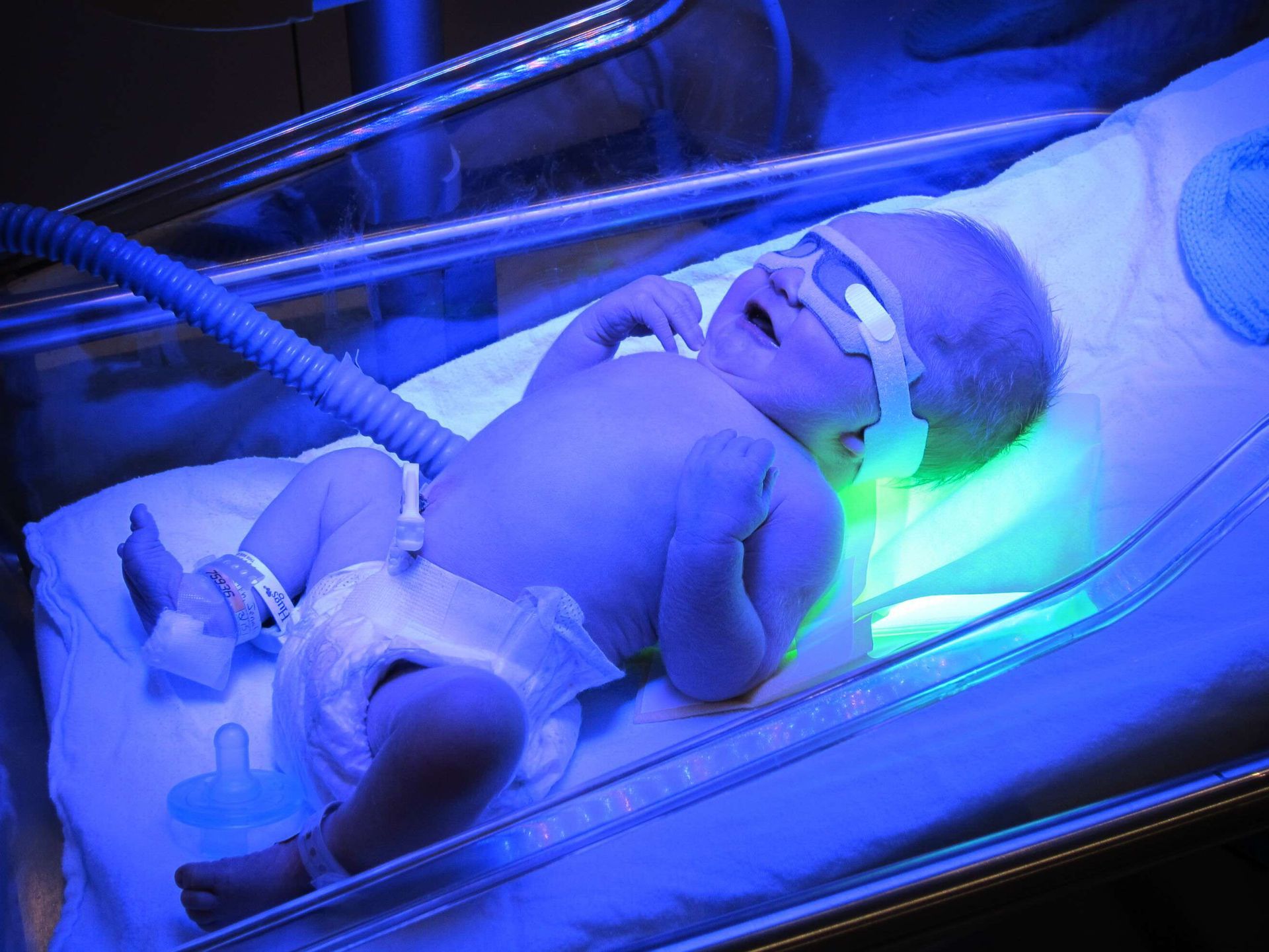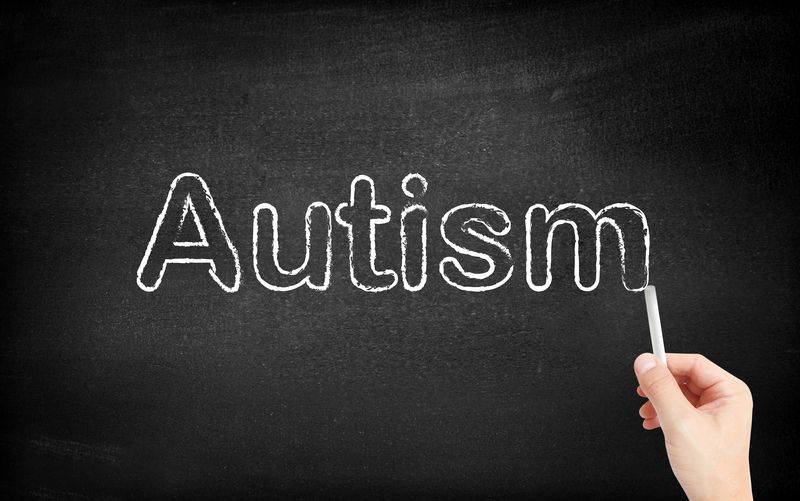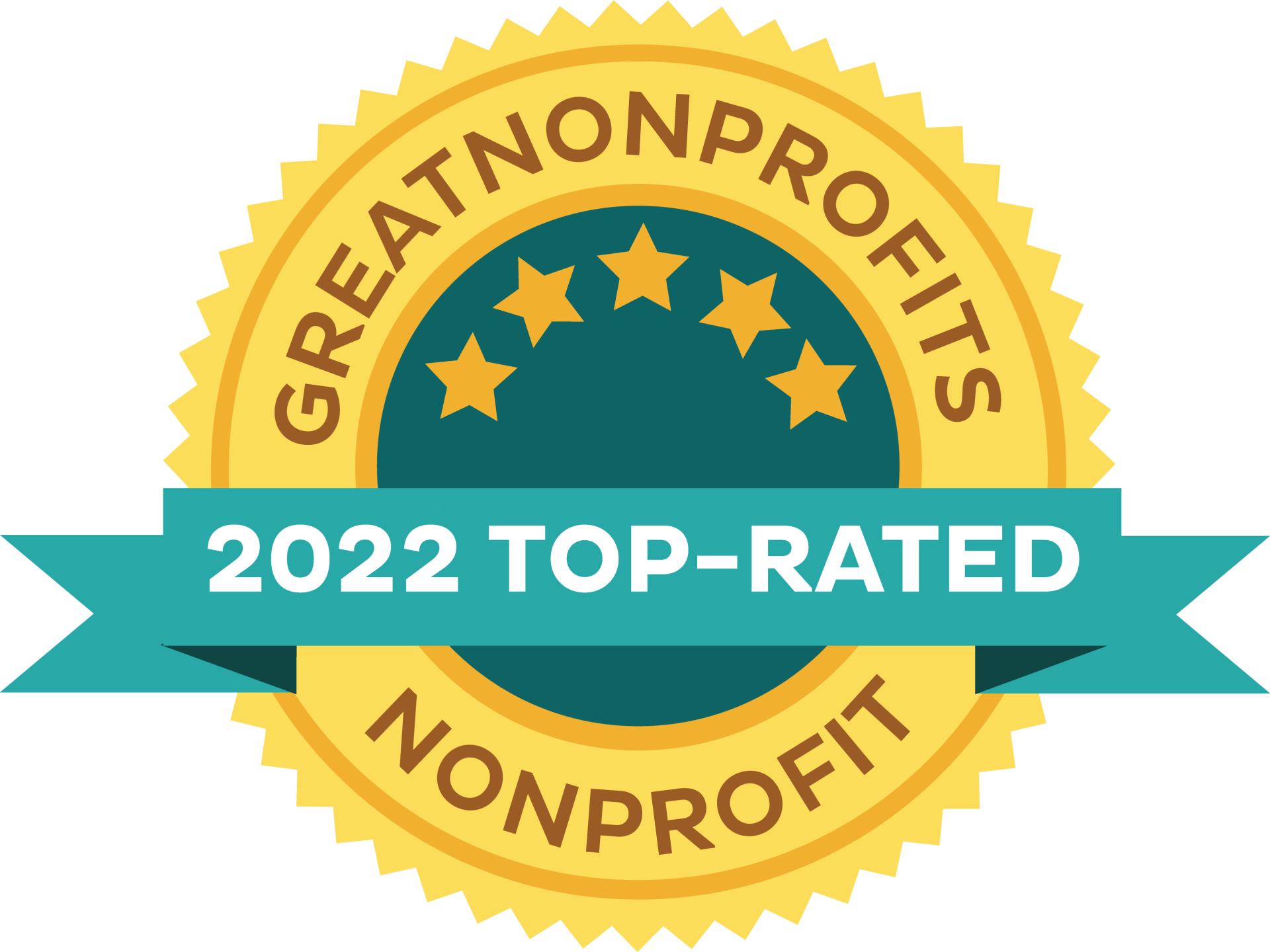New Carolina
ADA Center
Southeast ADA Center
1419 Mayson Street NE
Atlanta, GA, 30324
http://www.adagreatlakes.org
Assistive Technology
North Carolina Assistive Technology Program
Department of Health and Human Services
Division of Vocational Rehabilitation Services
1110 Navaho Drive, Suite 101
Raleigh, NC, 27609-7322
(800) 662-7030
(919) 855-4800
http://www.ncdhhs.gov
CHIP
(Health care for low-income uninsured children)
Insure Kids Now
7500 Security Blvd.
Baltimore, MD 21244
(877) 543-7669
https://www.insurekidsnow.gov/coverage/nc
CAP/C
Community Alternatives Program for
Children (CAP/C) Amended Waiver
The amendments to the CAP/C waiver are effective May 1, 2020 - Feb. 28, 2022.
https://files.nc.gov/ncdma/documents/Providers/Programs_Services/CAPC/CAPC_waiver_amendmentFact-Sheet_2020.pdf
D D Council
North Carolina Council on Developmental Disabilities
3125 Poplarwood Court, Suite 200,
Raleigh, NC, 27607
(919) 850-2901/(800) 3
http://www.nccdd.org
Developmental Disabilities
Developmental Disability Services Team
Division of Mental Health
Developmental Disabilities and Substance Abuse Services
Department of Health and Human Services
3005 Mail Service Center
Raleigh, NC, 27699-3005
http://www.ncdhhs.gov
Early Intervention
Women’s and Children’s Health Section
Division of Public Health
NC Infant-Toddler Program
1916 Mail Service Center
Raleigh, NC, 27699-1916
(919) 707-5520
http://beearly.nc.gov
Epilepsy
Epilepsy Foundation of North Carolina, Inc.
Piedmont One, Ste 5541 A
1920 W. First Street
Winston Salem, NC 27104
www.epilepsync.org
Independent Living
To find out the contact information for the Statewide
Independent Living Council (SILC) in your state, contact:
Independent Living Research Utilization Project
The Institute for Rehabilitation and Research
2323 South Shepherd, Suite 1000
Houston, TX, 77019
http://www.ilru.org/projects/cil-net/cil-center-and-association-directory-results/NC
To find out the contact information for centers for independent
living (CILs) in your state, contact:
National Council on Independent Living
1710 Rhode Island Avenue, NW, 5th Floor
Washington, DC, 20036
http://www.ncil.org
Intellectual & Developmental Disabilities
The Arc of North Carolina
343 E. Six Forks Road, Suite 320
Raleigh, NC, 27609
http://www.arcnc.org
Learning Disabilities
Learning Disabilities Association of North Carolina
LDS.of.North.Carolina@gmail.com
https://ldaamerica.org/lda-chapters/north-carolina/
Mental Health
Mental Health Association in North Carolina
3701 Latrobe Drive, Ste 140
Charlotte, NC 28211
www.mhacentralcarolinas.org
NAMI – North Carolina
309 W. Millbrook Road, Suite 121
Raleigh, NC, 27609
http://www.naminc.org
Mediation
North Carolina Department of Public Instruction
Exceptional Children Division
6356 Mail Service Center
Raleigh, NC, 27699-6356
https://ec.ncpublicschools.gov/parent-resources/dispute-resolution
Mental Health
Division of Mental Health
Developmental Disabilities and Substance Abuse Services
Department of Health and Human Services MSC: 3001
Raleigh, NC, 27699-3001
http://www.ncdhhs.gov/mhddsas/index.htm
Mental Health – Youth
Community Policy Management
Division of Mental Health
Developmental Disabilities and Substance Abuse Services
Department of Health and Human Services
3007 Mail Service Center
Raleigh, NC, 27699-3007
http://www.ncdhhs.gov
Parent Organizations
Community Parent Resource Center
(Serving Burke, Caldwell, Catawba, McDowell and Alexander Counties)
HOPE Parent Resource Center
PO Box 11395
Hickory, NC, 28603
http://www.fsnhope.org
Community Parent Resource Center
(Serving Buncombe, Haywood, Henderson, Madison, Polk, Rutherford, Transylvania and Yancey Counties)
F.I.R.S.T.
P.O. Box 802
Asheville, NC, 28802
http://www.FIRSTwnc.org
First in Families of North Carolina
3109 University Drive, Ste 100
Durham, NC 27707
http://www.fifnc.org
NAMI NC Young Families
309 W. Millbrook Road, Suite 121
Raleigh, NC, 27609
www.naminc.org
North Carolina Families United, Inc.
The Center for Youth, Family and Community Partnerships
University of North Carolina at Greensboro
209 B. North Graham Hopedale Rd
Burlington, NC 27127
http://www.ncfamiliesunited.org
Parent Teacher Association (PTA)
North Carolina Congress of Parents and Teachers
3501 Glenwood Avenue
Raleigh, NC, 27612-4934
http://www.ncpta.org
North Carolina Rare Disease Network
The mission of the North Carolina Rare Disease Network is to improve the lives of millions of people with one of the 7000 devastating rare diseases.
Tara Britt, Associate Chair
tjbritt@gmail.com
https://www.med.unc.edu/ncrarediseasenetwork/patient-resources-1/
Parent Training and Information Center (PTI)
ECAC – Exceptional Children’s Assistance Center
907 Barra Row, Suite 102/103
Davidson, NC, 28036
http://www.ECAC-parentcenter.org
Family Support Network of North Carolina
Central Directory of Resources, CB #7340
http://www.fsnnc.org/findlocal
Protection & Advocacy
Disability Rights North Carolina
3724 National Dr., Ste 100,
Raleigh, NC 27612
http://disabilityrightsnc.org/
Relay Services
(800) 735-8262 (V)
(800) 735-2962 (TTY); 711 (TTY)
(877) 735-8261 (Speech to Speech)
Special Education
Exceptional Children Division
Department of Public Instruction
6356 Mail Service Center
Raleigh, NC, 27699-6356
http://www.ncpublicschools.org/ec
Special Format Library
North Carolina Library for the Blind and Physically Handicapped
State Library of North Carolina -Department of Cultural Resources
1811 Capital Boulevard
Raleigh, NC, 27635
http://statelibrary.ncdcr.gov/lbph
Special Health Care Needs
Children and Youth Branch
Women’s and Children’s Health Section
Division of Public Health
Department of Health and Human Services
1928 Mail Service Center
Raleigh, NC, 27699-1928
http://www.ncdhhs.gov
TelAbility
For medical information, telehealth and community resources for children with special needs
1101 Weaver Dairy Road, Suite 202
Chapel Hill, NC, 27514
http://www.TelAbility.org
Speech, Language, and Hearing
North Carolina Speech, Hearing and Language Association
P.O. Box 28359
Raleigh, NC, 27611-8359
http://www.ncshla.org
State Web Site
Connect with your state’s official website to find all manner of state
agencies and information, including how to contact your governor
and/or your representatives in the Senate and House:
http://www.ncgov.com/
Transition Services
Education and Transition Services
Exceptional Children Division
North Carolina Department of Public Instruction
6356 Mail Service Center
Raleigh, NC, 27699-6356
http://www.ncpublicschools.org/ec/
UCEDD
Carolina Institute for Developmental Disabilities
The University of North Carolina at Chapel Hill
Campus Box 7255
Chapel Hill, NC, 27599-7255
http://www.cidd.unc.edu/
Vocational Education and Rehabilitation
Career and Technical Education
Department of Public Instruction
6359 Mail Service Center
Raleigh, NC, 27699-6359
http://www.ncpublicschools.org
Division of Vocational Rehabilitation Services
Department of Health and Human Services
2801 Mail Service Center
Raleigh, NC, 27699-2801
http://dvr.dhhs.state.nc.us


CSNK2A1 FOUNDATION
We are focused on finding a cure for Okur-Chung Neurodevelopmental Syndrome and ensuring affected individuals have the opportunities and supports necessary for happy and full lives. CSNK2A1 Foundation is operated and funded through a committed team of volunteers, advocates and researchers.
We are a 501(c)(3) non-profit organization. EIN #82-4220939.
© 2023 CSNK2A1 Foundation
1929 Van Ness Avenue
San Francisco, CA 94109
(415) 483-2488
DISCLAIMER
The information provided is not intended to be a substitute for professional medical advice, diagnosis or treatment. Never disregard professional medical advice, or delay in seeking it, because of something you have read on this website. Read more...
SIGN UP FOR OUR NEWSLETTER
Join our email list to stay up to date about OCNDS and the CSNK2A1 Foundation


